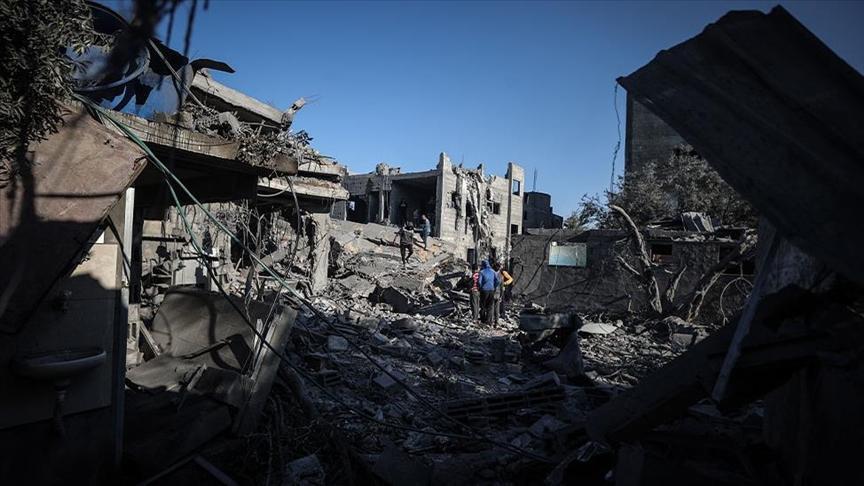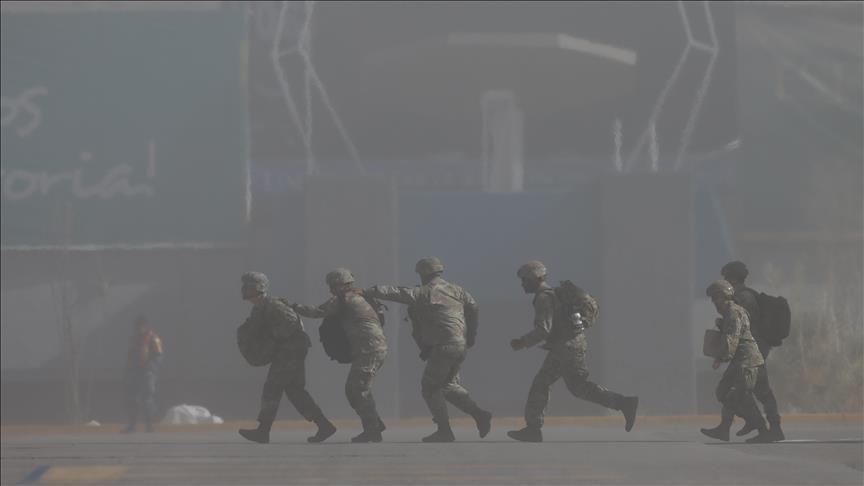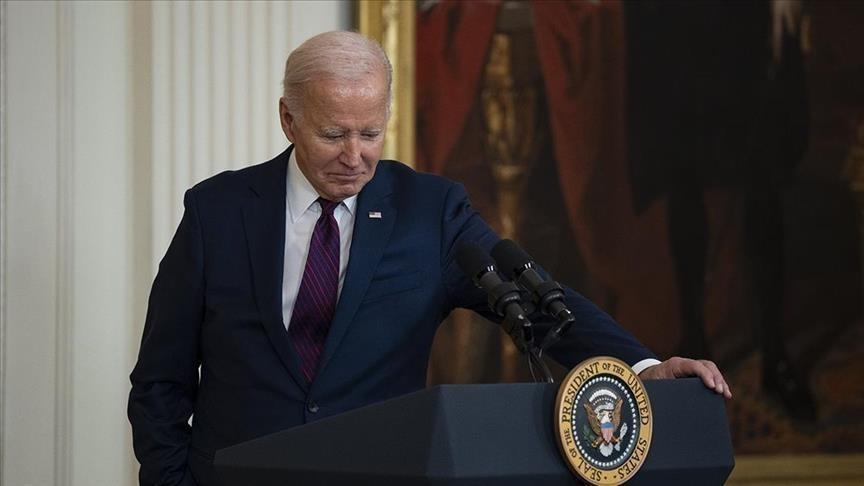Erdoğan and the West: A love (hate) story
UYGAR AKTAN*
After listening to one of Turkish President Recep Tayyip Erdoğan’s fiery anti-Western speeches, an uninitiated outsider might get the impression that the Ottoman Empire is rising from its ashes to do battle with “the Crusaders.” Indeed, many in the West accuse President Erdoğan of pursuing a “neo-Ottoman” agenda. He, in turn, has accused them of orchestrating just about every major incident of political unrest in Turkey as part of an ongoing plot to thwart its resurgence: “They can’t stand to see Turkey become powerful and prosperous.”Oddly, however, the inflammatory rhetoric has mostly been one-sided. With a few notable exceptions, the responses from U.S. officials have generally been measured and marked by diplomatic restraint. Allegations are dismissed as “baseless” but quickly followed-up by reassurances that U.S.-Turkish relations remain important and intact. European leaders, on the other hand, continue to be critical of Turkey’s human rights record. But then again, that’s been the standard European stance since long before Erdoğan came to power.
So what conclusions may we draw from the above? Is the leader of a predominantly Muslim country finally standing up to the West and “getting away with it?” Or are Western governments merely paying lip service to the democratic legitimacy of Erdoğan’s government while patiently waiting for the next opportunity to strike and overthrow it? While that kind of narrative would make a great script for a Hollywood spy thriller, the answers are no and no. Those who subscribe to that popular narrative are misled by two common mistakes. One is paying too much attention to rhetoric and not enough attention to actual policies. The other is failing to recognize which policies actually matter and which don’t.
To be sure, there is a range of complex issues that bind U.S.-Turkish and EU-Turkish relations. But in recent years, the top foreign policy priority of the U.S. vis-à-vis its NATO ally Turkey has been for the latter to send ground troops into Syria to fight the Islamic State of Iraq and the Levant (ISIL) so America won’t have to. Therefore, the relevant questions are as follows: Has Erdoğan shut down the U.S. airbase in İncirlik and exited NATO? No. Has he sent ground troops into Syria to fight ISIL so America won’t have to? Yes.
On a related issue, the top foreign policy priority of the EU vis-à-vis Turkey has been for the latter to serve as a buffer zone between it and Syria for the millions of refugees fleeing that war-torn country. Has Erdoğan chosen to punish the EU for reneging on its deal regarding this issue by opening up the floodgates and letting the refugees pour into Europe. No. Has he gone beyond serving as a buffer zone by even mentioning the possibility of granting Syrian refugees Turkish citizenship. Yes.
So let us not be mistaken. It might be true that President Erdoğan and many of his Western counterparts have profound differences. But foreign policy is the art of prioritization. High priorities overrule lower ones. Concrete objectives trump professed values. International high politics is not driven by sentiment, speeches or posturing. Beneath all the pomp and theater, they are driven by vital strategic interests. However, a qualitative distinction in the nature of those interests should be pointed out. Global powers have global interests. The rest have parochial ones. In this case, the vital strategic interests of Western powers in the region are to eradicate ISIL, contain the refugee crisis and reconfigure Syria without having to pay the cost of blood and treasure involved in putting boots on the ground. Erdoğan’s vital strategic interests are to consolidate his power within Turkey.
On a certain level, some might find it politically entertaining to draw caricatures of an epic showdown between a neo-Ottoman sultan and the West. It may be flattering to Erdoğan’s base to believe that the sinister powers-that-be are obsessed with bringing down their beloved leader and continually failing to do so. Western pundits may score points by “expressing concern” and making lofty statements about the erosion of civil liberties in Turkey. And there certainly are heated disagreements between the two parties, namely the Kurdish issue and the extradition of Fetullah Gülen. But barring a major reversal, as long as the interests mentioned above are being mutually served, it’s business as usual.
*Uygar Aktan is former member of Turkish parliament.











